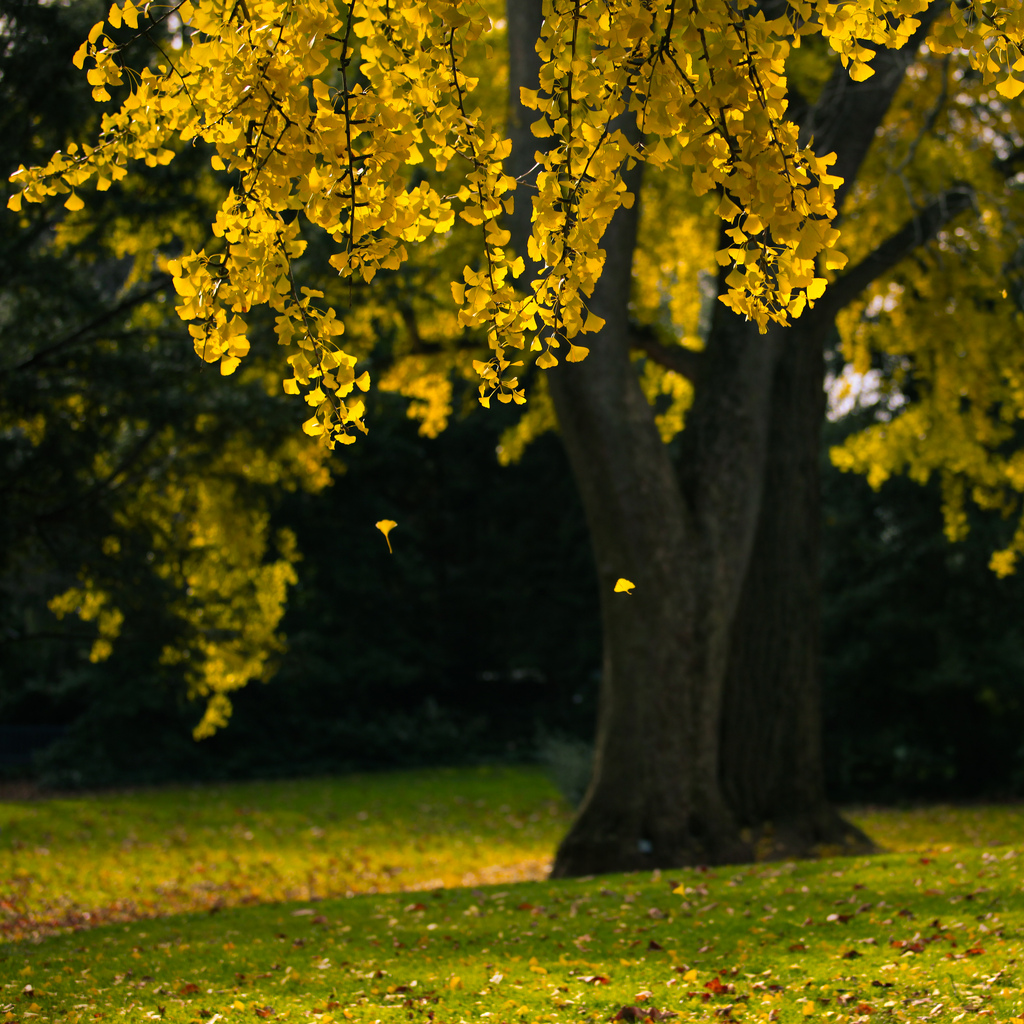This is one long road trip. By long, I don’t mean how many miles. Many of us have walked seven-ish miles in a day. We’ve got our Fitbits logging our steps. I know two people who just arrived in Spain to walk the Camino de Santiago. No, it’s a long trip between Jerusalem and Emmaus because the distance between “we had hoped” and “the Lord is risen indeed” seems like forever, the longest trip ever. Are we there yet?
Yet, if we are honest, that’s where most of us are, a lot of the time — somewhere in between distress and belief. Between disillusionment and acceptance. Between dashed hopes and promises fulfilled.
We know this truth already, of course. We felt it last week — that betweenness. Not an easy place to be, especially when our theological tendencies would lean toward wanting the resurrection to resolve questions of faith rather than exacerbate them.
Narrative space in the Bible matters. So when a conversation takes as long as this one does, we should not only look at the content but also ask what happens between the start and the finish. And what happens, of course, is that Jesus shows up.
But wait. That’s the sometimes all-to-easy promise that we preach: that Jesus shows up in our doubt and our disappointment; that Jesus is present in our grief; that Jesus meets us where we are. I don’t doubt that Jesus does just that, all of that. But what exactly does Jesus do when Jesus shows up and interrupts this conversation in progress? Well, he doesn’t just join them on the way.
Jesus gets them to articulate what they experienced. “What things?” says Jesus. And the response of the disciples is right on, “Where have you been these last few days, dude? Living under a rock?” Yet, the question “what things?” leads the disciples to describe the things, which they have to do — to name the hurt. To name the fear. To name the doubt. And then Jesus picks it up from there and takes it home.
That’s what Jesus does, you see. What Jesus wants us to know today. Not just that he will show up, but that he will show up and give us the opportunity to speak the truth of our pain; help us make sense of it all, or at least some of it; help us get to a place where we can see beyond just what’s happened; help us move from “we had hoped” to “the Lord is risen indeed.”
I needed to hear this good news this week. It was not enough to hear that Jesus will be there in my sadness and grief. Sometimes that’s enough of a promise but all too often, it’s not. And I think that’s the case for these disciples. Jesus doesn’t just show up and say, “Hey, I’m here. There, there, all is okay.” The disciples are not just having a bad day. The one in whom they had placed their trust, their hope for a kingdom of justice, their assurance for freedom from oppression, just got executed by the system from which they hoped Jesus would set them free. The one who they believed would fulfill the promises of Scripture was dead.
Sometimes the preaching of Jesus’ presence is enough. But then there are those times when we find ourselves in the space between loss of hope and renewed conviction, and we need to know that Jesus will do more than show up. We need to hear that Jesus will do something about it. We need to believe that when Jesus meets us on the road from “we had hoped” to “the Lord is risen indeed” it will be more than just going along for the ride.
Lately, this seems more real than the resurrection solves everything. That’s the danger of post-resurrection preaching — that it becomes salve or solution for issues that it was never meant to address. Yes, the resurrection is God’s answer to death. Yes, the resurrection makes it possible to see new life in our lives now. Yes, the resurrection is our promise of a life beyond this one. But that’s not the same as insisting that it’s an easy resolution to the death we experience every day — the death of a relationship. The death of what we thought was the perfect job. The death of innocence. The death of choice. The death of freedom. The death of science. The death of justice. The death of civility. The death of respect. The death of truth.
These are all real, very real deaths. And the resurrection doesn’t take these deaths away. We don’t get to say nor should we, “Thankfully, we have the resurrection,” that then conveniently erases “we had hoped.”
The road to Emmaus shows us that when the snares of death encompass us; when the pangs of Sheol lay hold on us; when we suffer distress and anguish, the Lord will indeed save our lives (Psalm 116:3-4), by walking the road with us, yes, but also, by asking us “what things?” which means that then the road might actually get us somewhere. And that somewhere, eventually, is the place where we recognize and start to live out the life-changing presence of the resurrected Christ.
Karoline

